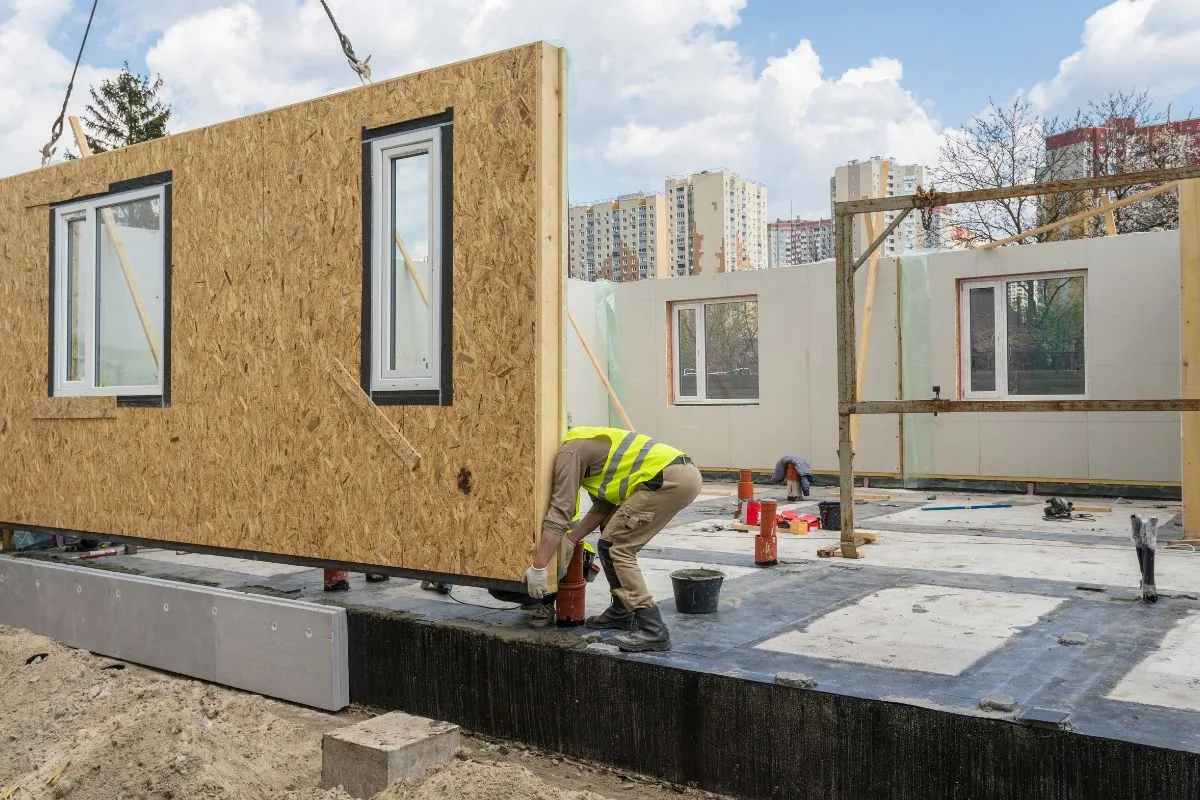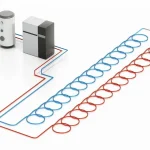Eco-Friendly Modular Homes: The Future of Sustainable Living
In recent years, the conversation around sustainable living has gained significant momentum. As individuals and communities become increasingly aware of their environmental impact, the demand for eco-friendly solutions is rising. One such solution that stands out is eco-friendly modular homes.
This article explores what modular homes are, their benefits, and why they are a compelling option for homeowners, investors, and sustainability enthusiasts alike.
What Are Eco-Friendly Modular Homes?
Eco-friendly modular homes are prefabricated structures designed with sustainability in mind. They are built off-site in a controlled environment and then transported to their final location for assembly.
These homes can be customized in various styles and sizes, meeting the diverse needs of modern living while minimizing waste and energy consumption during the construction process.
Key Features of Eco-Friendly Modular Homes
- Sustainable Materials: Many modular homes are constructed using recycled, reclaimed, or sustainably sourced materials. This reduces the carbon footprint associated with building materials.
- Energy Efficiency: Modular homes often include energy-efficient appliances, solar panels, and superior insulation, leading to lower energy bills and reduced environmental impact.
- Design Flexibility: The modular construction process allows for a high degree of customization. Homeowners can design their spaces to suit their lifestyles while ensuring they remain eco-friendly.
- Reduced Construction Waste: Traditional construction methods can generate significant waste. Modular homes are built in a factory setting, allowing for better waste management and recycling practices.
- Shorter Build Time: The efficient construction process of modular homes leads to shorter build times compared to conventional homes, allowing homeowners to move in sooner.
Benefits of Eco-Friendly Modular Homes
Eco-friendly modular homes offer numerous benefits that align with the values of sustainable living. Here are some key advantages:
1. Cost-Effectiveness
Investing in eco-friendly modular homes can lead to substantial cost savings. The controlled construction environment reduces labor costs and material waste. Additionally, the energy-efficient features of these homes can lead to long-term savings on utility bills.
2. Environmental Impact
By choosing modular homes, homeowners actively participate in reducing their environmental footprint. These homes utilize renewable resources, minimize waste, and can often incorporate energy sources like solar power, further promoting sustainability.
3. Enhanced Comfort
Modular homes are designed with modern living in mind. They often feature open layouts, abundant natural light, and high-quality ventilation systems, providing a comfortable and healthy living environment.
4. Resilience and Durability
Constructed to withstand the elements, eco-friendly modular homes are often more durable than traditional homes. Their robust construction can resist extreme weather conditions, making them a wise choice for various climates.
5. Community and Lifestyle Benefits
Many eco-friendly modular home developments foster a sense of community. By creating neighborhoods focused on sustainability, residents can share resources, participate in local initiatives, and connect with like-minded individuals.
Why Investors Should Consider Eco-Friendly Modular Homes
For investors, eco-friendly modular homes present a unique opportunity to tap into the growing demand for sustainable living solutions. Here are a few reasons to consider this investment:
1. Market Demand
As awareness of climate change and environmental issues increases, more buyers are seeking sustainable housing options. Investors who build or invest in eco-friendly modular homes can attract a growing segment of the market.
2. Long-Term Value
Sustainable homes often retain their value better than traditional homes. As energy efficiency becomes more critical to buyers, properties that are already equipped with eco-friendly features will likely appreciate over time.
3. Tax Incentives and Grants
Many governments offer tax incentives, rebates, and grants for sustainable building practices. Investors can leverage these financial benefits to offset construction costs.
4. Innovative Design Opportunities
Investing in eco-friendly modular homes allows for creative architectural designs that stand out in the market. Unique and aesthetically pleasing homes can attract premium buyers.
5. Positive Community Impact
Investors in eco-friendly homes contribute positively to their communities. By promoting sustainable living, they help foster healthier environments and encourage responsible consumption among residents.
Living Off-Grid with Modular Homes
For those passionate about minimalism and living off-grid, eco-friendly modular homes offer the perfect solution. These homes can be designed to operate independently of traditional utility systems, providing an opportunity to fully embrace a self-sufficient lifestyle.
1. Self-Sustaining Features
Many modular homes can be equipped with solar panels, rainwater harvesting systems, and composting toilets, allowing residents to live sustainably and minimize reliance on external resources.
2. Connection to Nature
Living off-grid encourages a closer connection to nature. Modular homes can be designed to blend seamlessly with their surroundings, promoting a lifestyle that values natural resources and ecological balance.
3. Minimalist Living
The compact design of modular homes aligns perfectly with minimalist living principles. These homes encourage residents to simplify their lives, reduce clutter, and focus on experiences rather than possessions.
4. Cost Savings
Living off-grid can significantly reduce monthly expenses. With solar energy and water conservation practices in place, homeowners can enjoy financial freedom while contributing to a healthier planet.
5. Community Involvement
Off-grid living often fosters a sense of community among like-minded individuals. Many off-grid communities share resources, knowledge, and support, creating a network of sustainability advocates.
Challenges and Considerations
While eco-friendly modular homes offer numerous benefits, there are some challenges to consider:
1. Zoning and Regulations
Local building codes and zoning laws can impact the installation of modular homes. It’s essential to research regulations in your area before proceeding with construction.
2. Financing Options
Financing options for modular homes can differ from traditional homes. It’s crucial to find lenders familiar with modular construction to secure favorable terms.
3. Public Perception
Despite their many advantages, some individuals may have misconceptions about modular homes, viewing them as inferior to traditional houses. Education and awareness are key to overcoming these perceptions.
Conclusion
Eco-friendly modular homes represent a significant step forward in sustainable living. By combining innovative design with environmental responsibility, these homes offer homeowners, investors, and sustainability advocates an opportunity to embrace a greener future.
With benefits such as cost-effectiveness, reduced environmental impact, and enhanced comfort, it’s clear that modular homes are not just a trend but a viable solution for the modern world.
As we move towards a more sustainable future, eco-friendly modular homes will play an increasingly vital role in shaping our communities and lifestyles. Embracing this innovative approach to housing is not only an investment in property but also an investment in the planet’s future.





